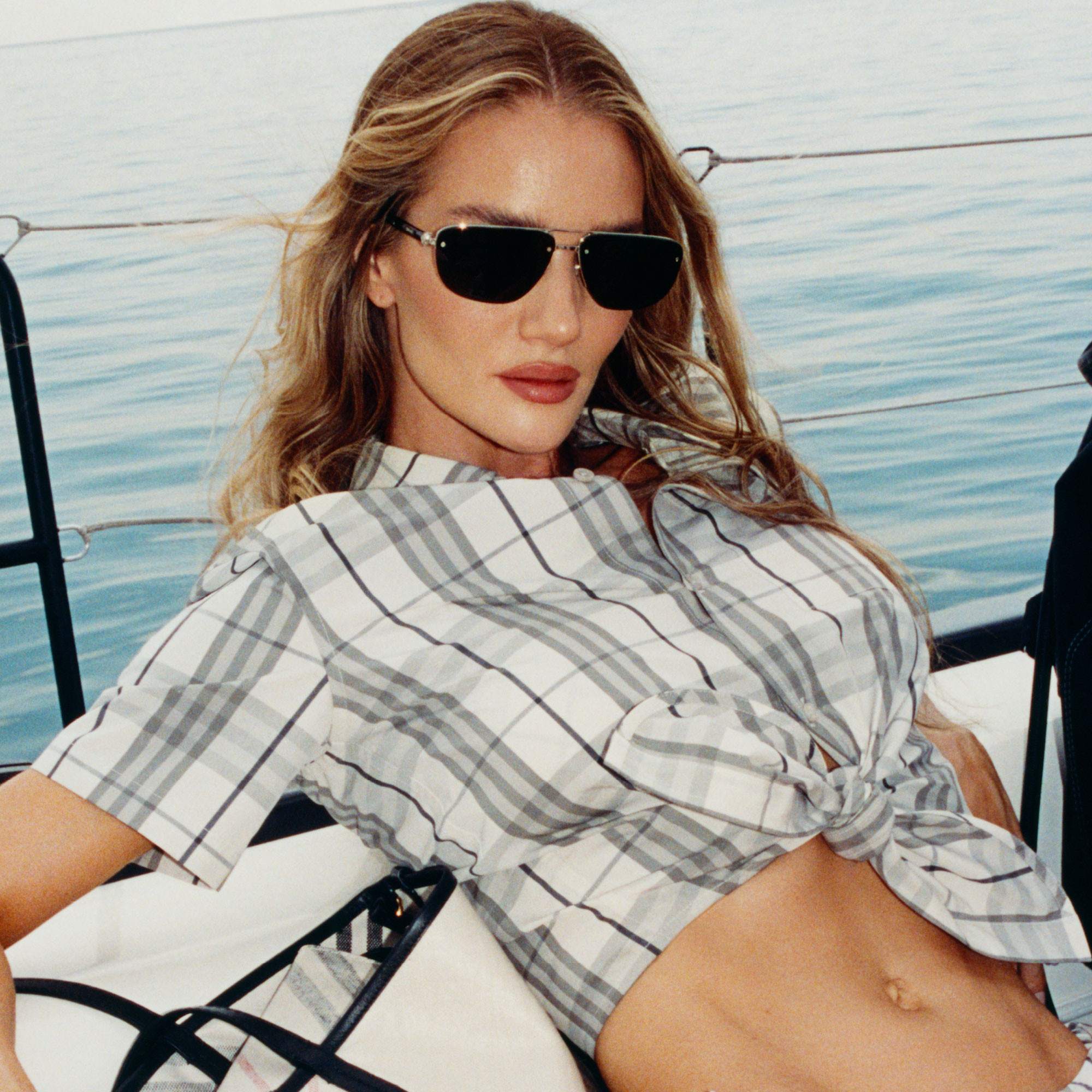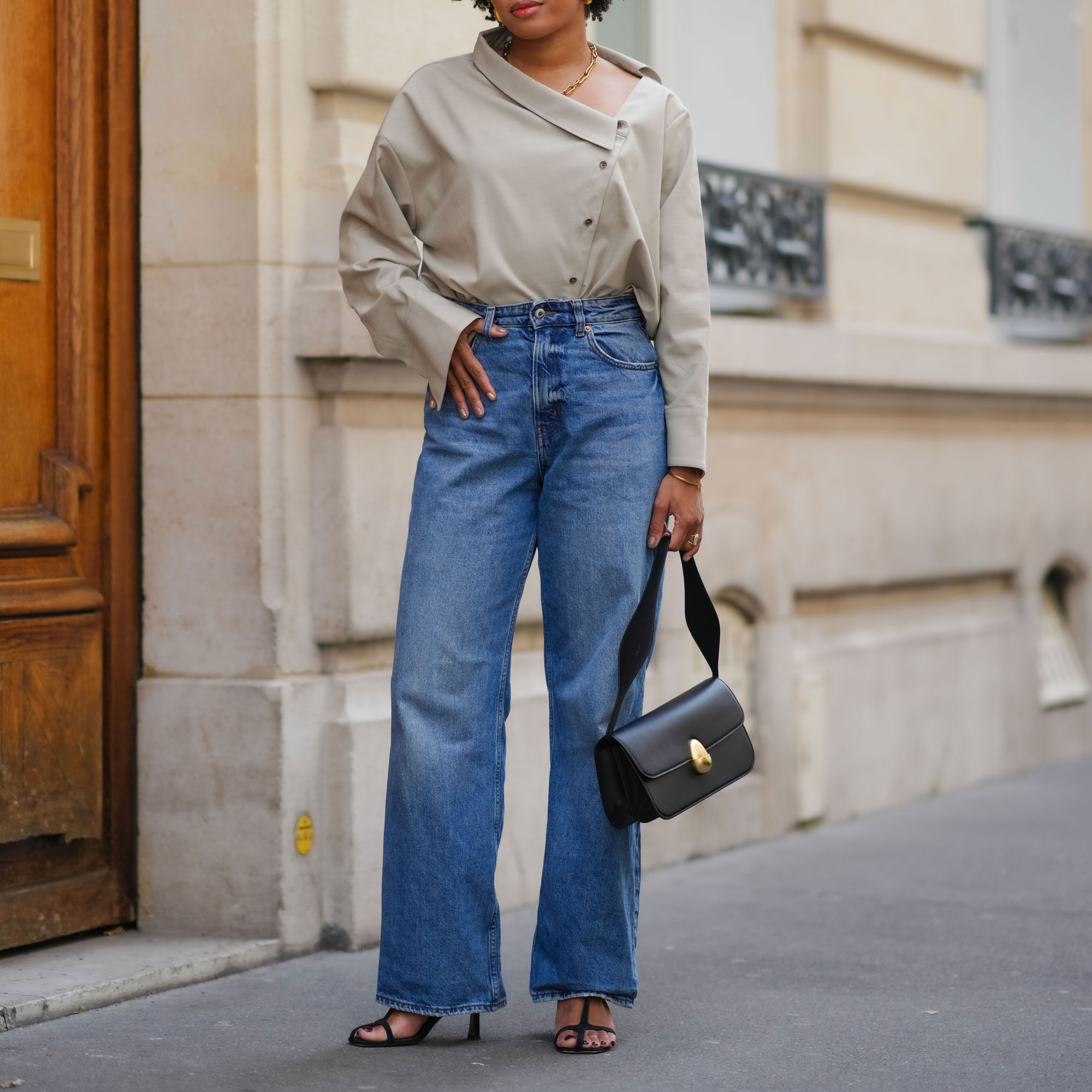Skincare Slugging Has Gone Viral, But Derms Warn About These Dos and Don'ts
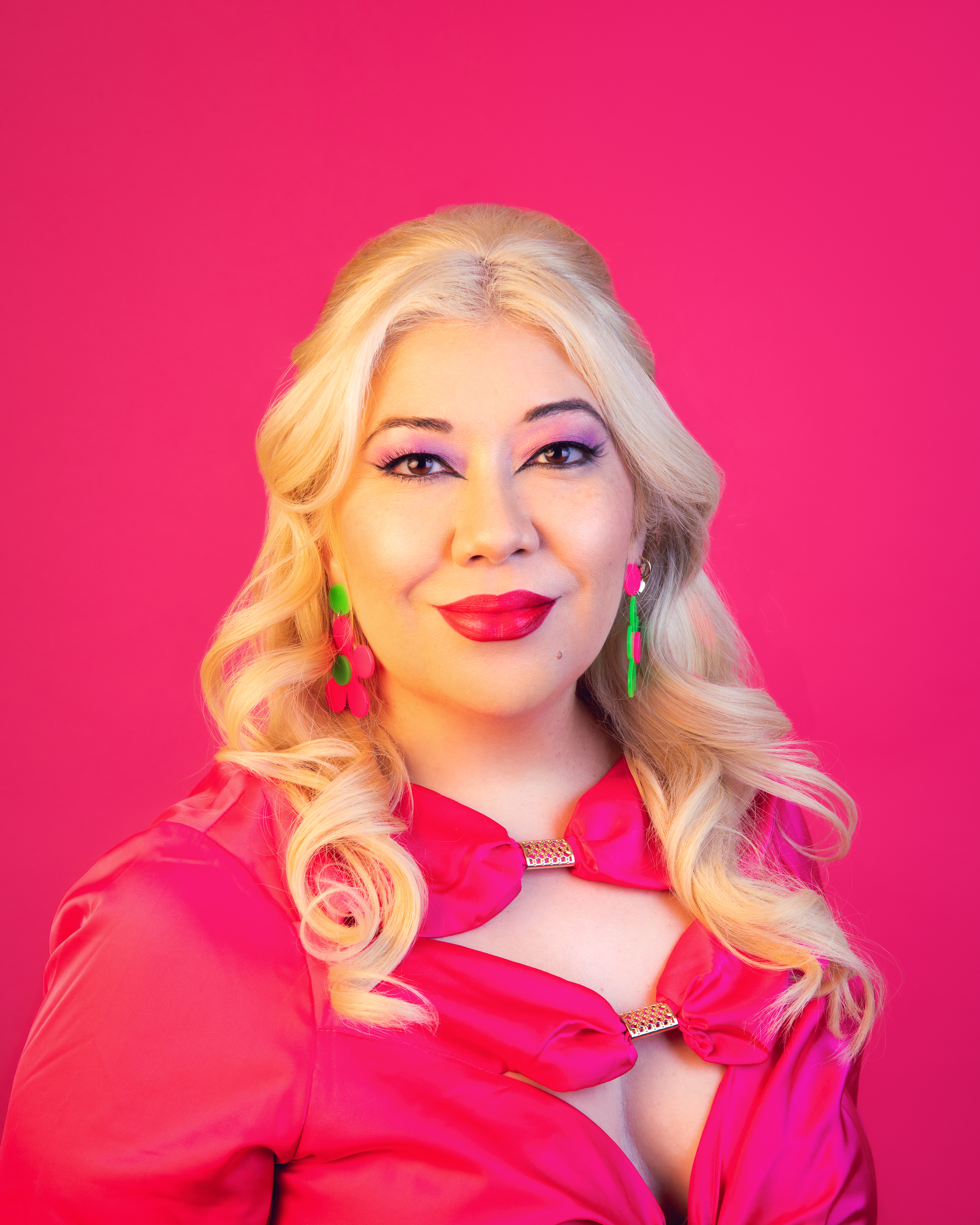
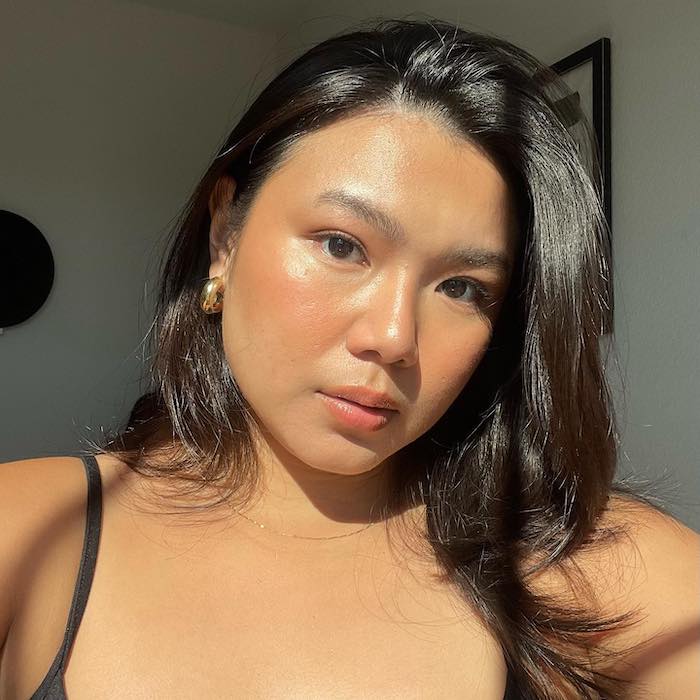
From hydrocolloid bandages becoming acne treatments to using "frozen moisturizer,” TikTok has become the top destination for discovering strange skincare trends. While the social media app might not be the birthplace of some of these beauty hacks, it’s become a platform where they can truly flourish. Case in point: skincare slugging. The oddly named trend has reached massive popularity over the past year thanks to TikTok skinfluencers touting it as a fairly easy way to lock moisture into the skin via Vaseline or another petrolatum-based ointment.
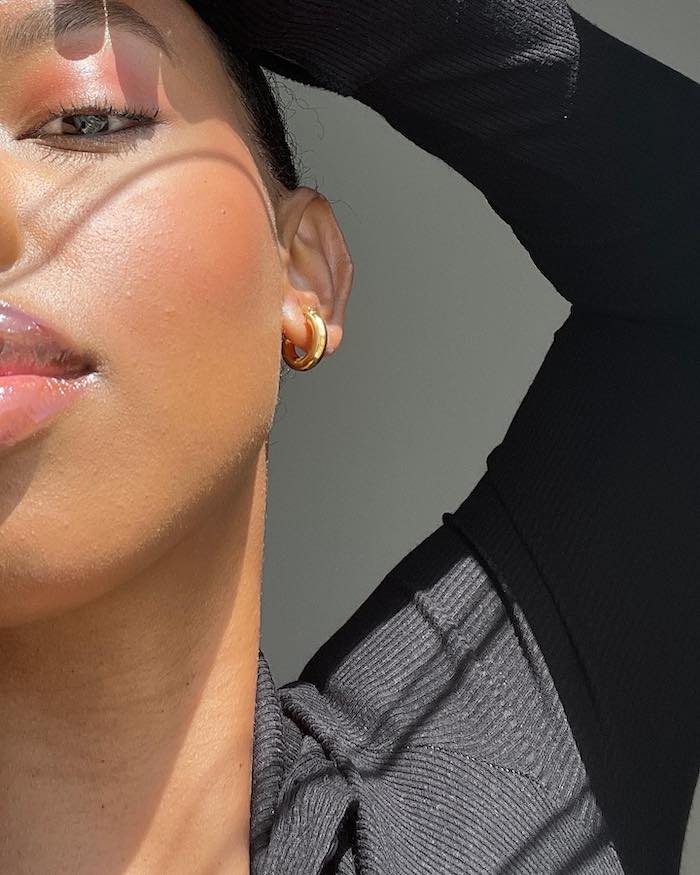
What Is Slugging in Skincare?
So what is slugging, exactly? According to Tracy Evans MD, MPH, board-certified dermatologist and medical director of Pacific Skin and Cosmetic Dermatology, "slugging is the process of covering the skin (of the face usually) with an occlusive product such as Vaseline (petrolatum), Aquaphor, or a very heavy cream-based moisturizer and keeping it on overnight.” The process may be especially relevant to people with dry skin, as it’s "intended to keep moisture in the skin by preventing transdermal water loss.”
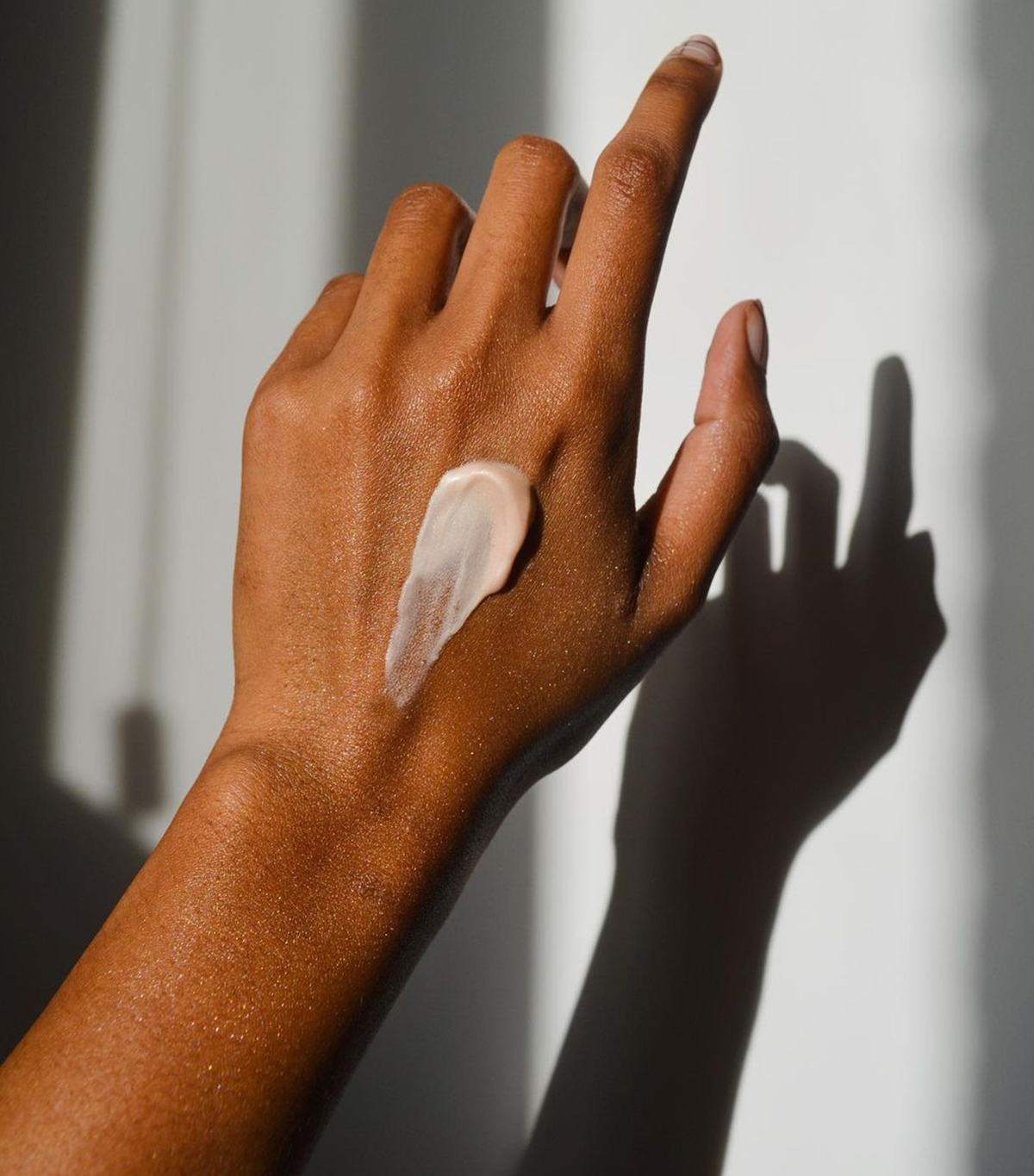
While the incredibly catchy "slugging” term has only been in the beauty sphere for a little while thanks to the K-beauty community and various skincare subreddits, the concept of using Vaseline to seal in moisture in the skin isn’t anything new. After all, Vaseline is an old-school product that can be found in almost any memaw’s medicine cabinet. It has a variety of uses, from healing burns and scrapes to treating diaper rash, preventing chafing, and moisturizing dry skin. Marilyn Monroe swore by Vaseline in order to keep her skin soft and glowy. She reportedly applied it every morning before going into a three-hour bath.
"It was recently given a name and made popular by the Korean skincare world. However, growing up with two Black grandmothers, I was ‘slugging’ far before it was popular,” explains Tiffany Clay, MD, FAAD, a board-certified dermatologist based in Atlanta. "I remember my grandmother teaching me when I was very young to apply ointment to my body after I bathed to keep me moisturized all day.”
Are you ready to find out the dos and don’ts of slugging and whether it’s something you should try or avoid? Keep scrolling for the dos and don’ts, according to experts.
Tips for Slugging
Do: use a petrolatum-based product
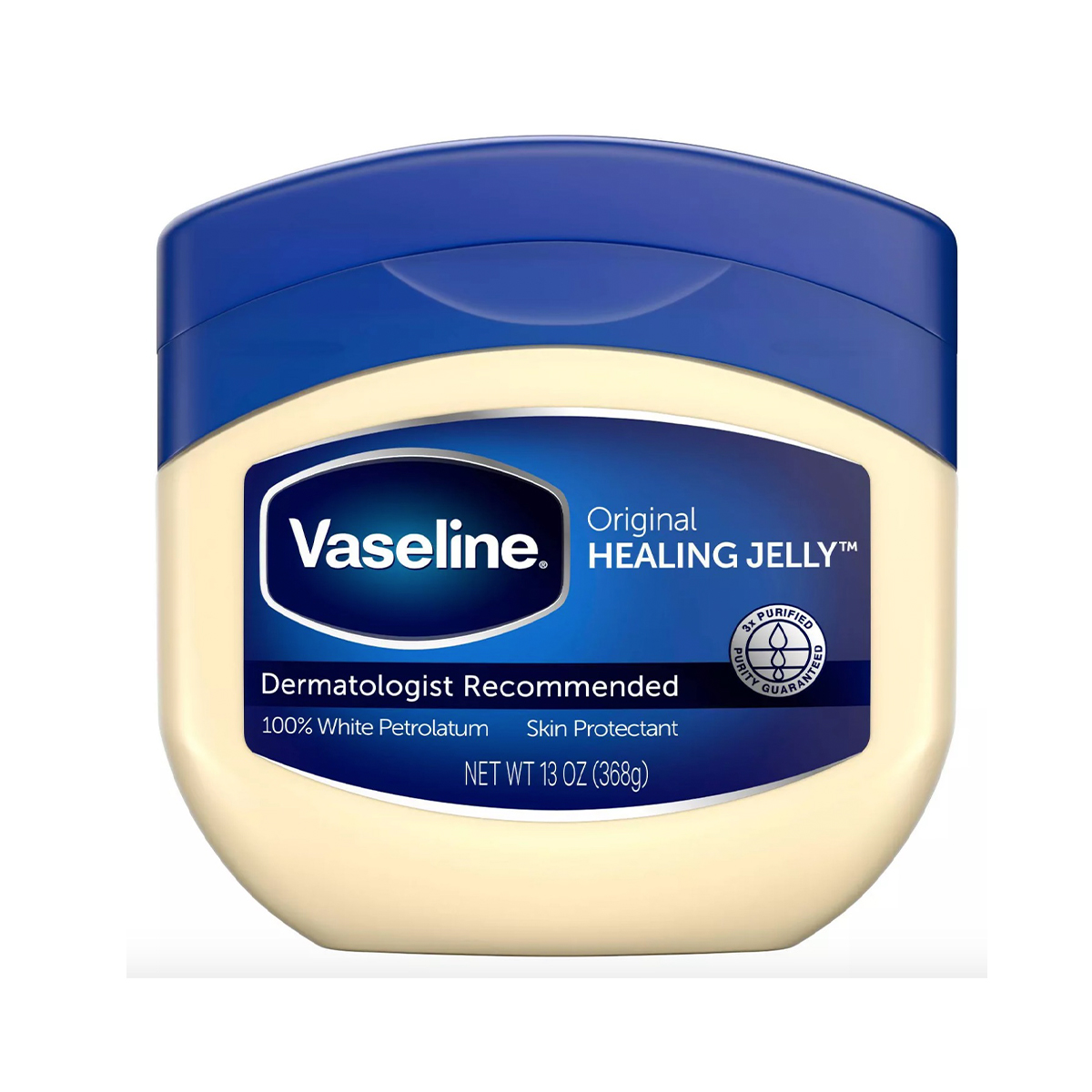
This is where Vaseline comes in. You can also use Aquaphor or CeraVe. "My favorite product for slugging is CeraVe Healing Ointment,” says Evans.
Do: have your favorite face creams and/or serums on hand
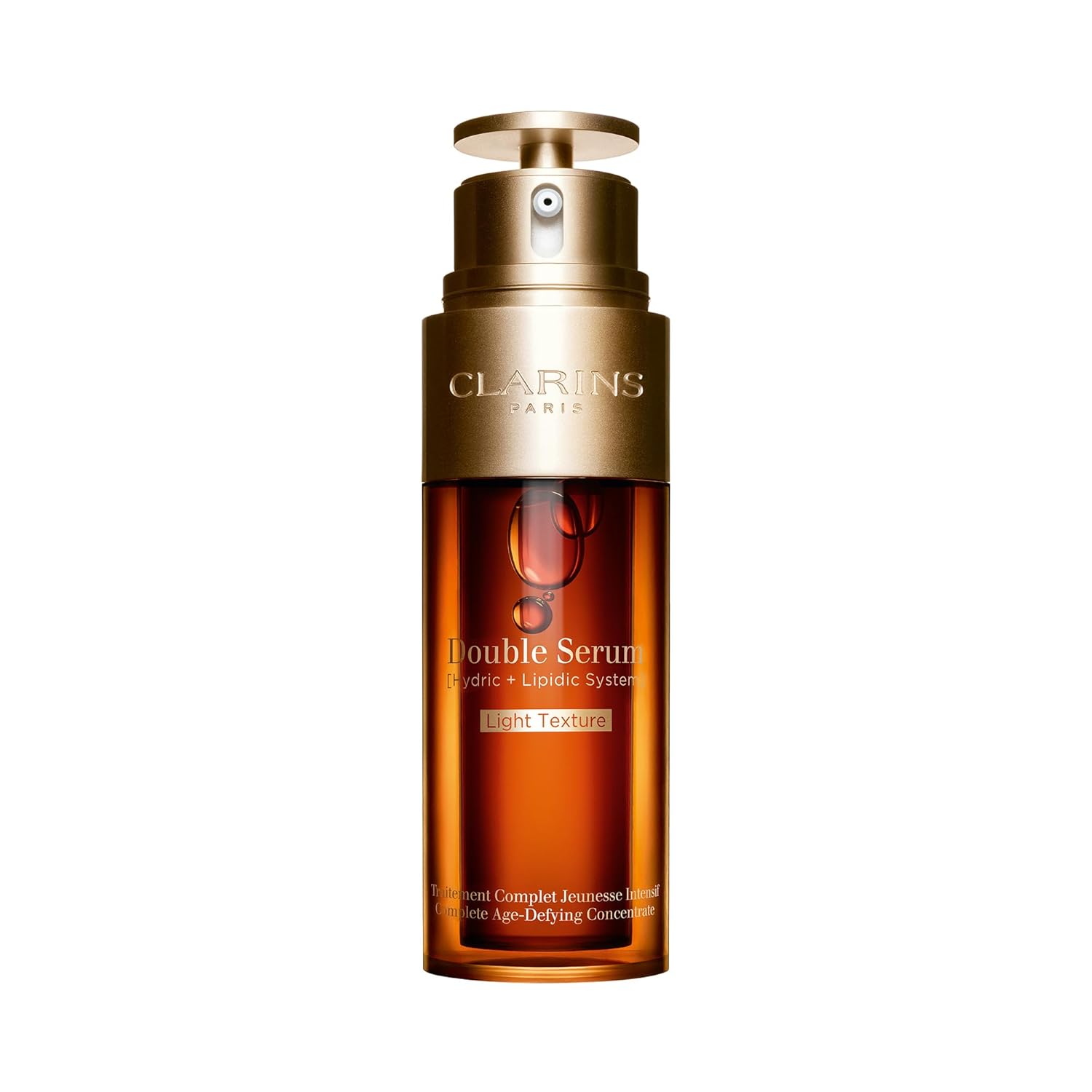
"Use a moisturizer or hydrating serum prior to applying your slugging product of choice,” says Clay. They’ll get sealed into your skin nicely thanks to the Vaseline or other product you decide to use.
Do: try slugging if you have dry, irritated, or eczema-prone skin
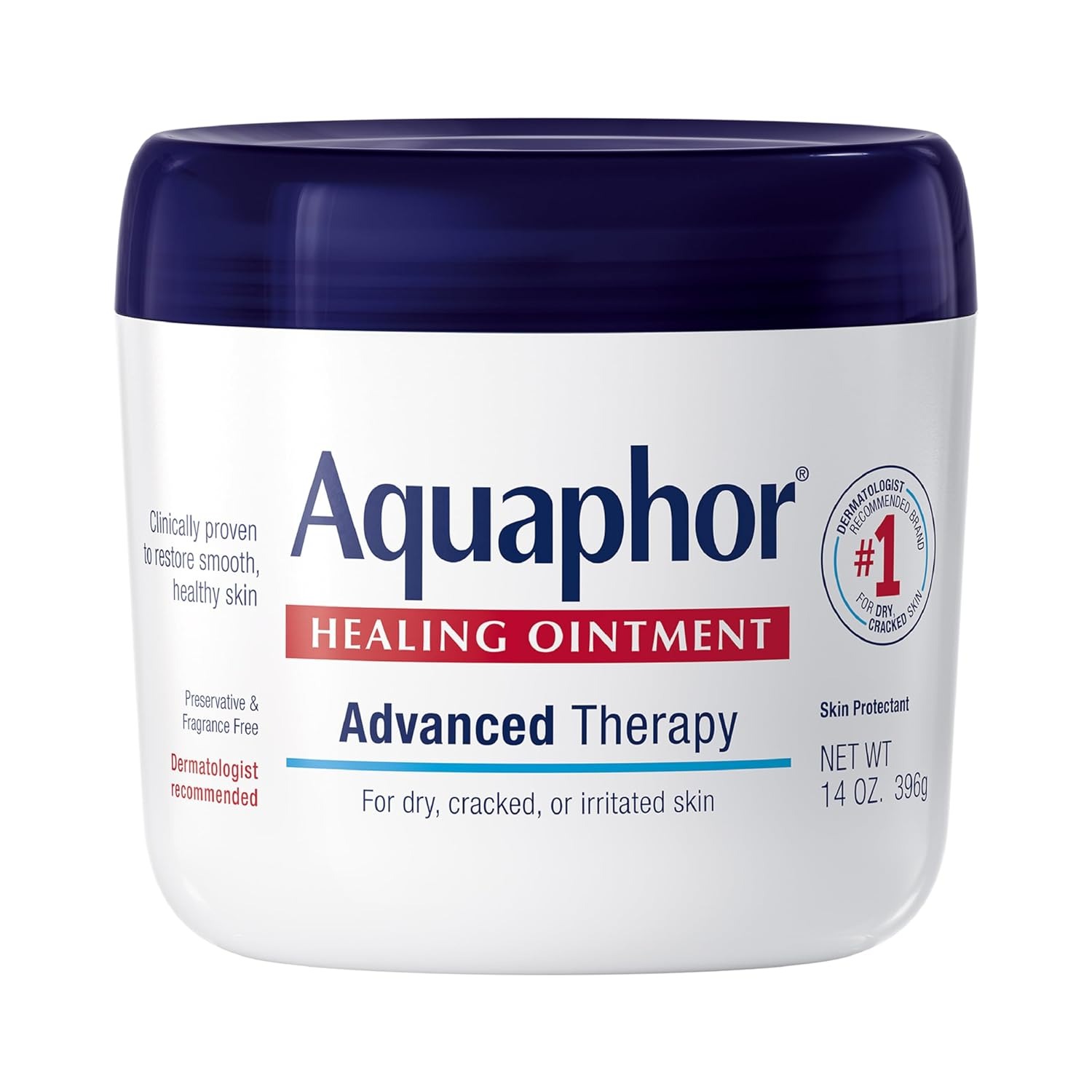
"Slugging works by preventing TEWL (transepidermal water loss) so the skin stays hydrated, and the skin barrier is protected and allowed to repair itself,” explains Clay.
Do: find the occlusive product that’s best for your skin type
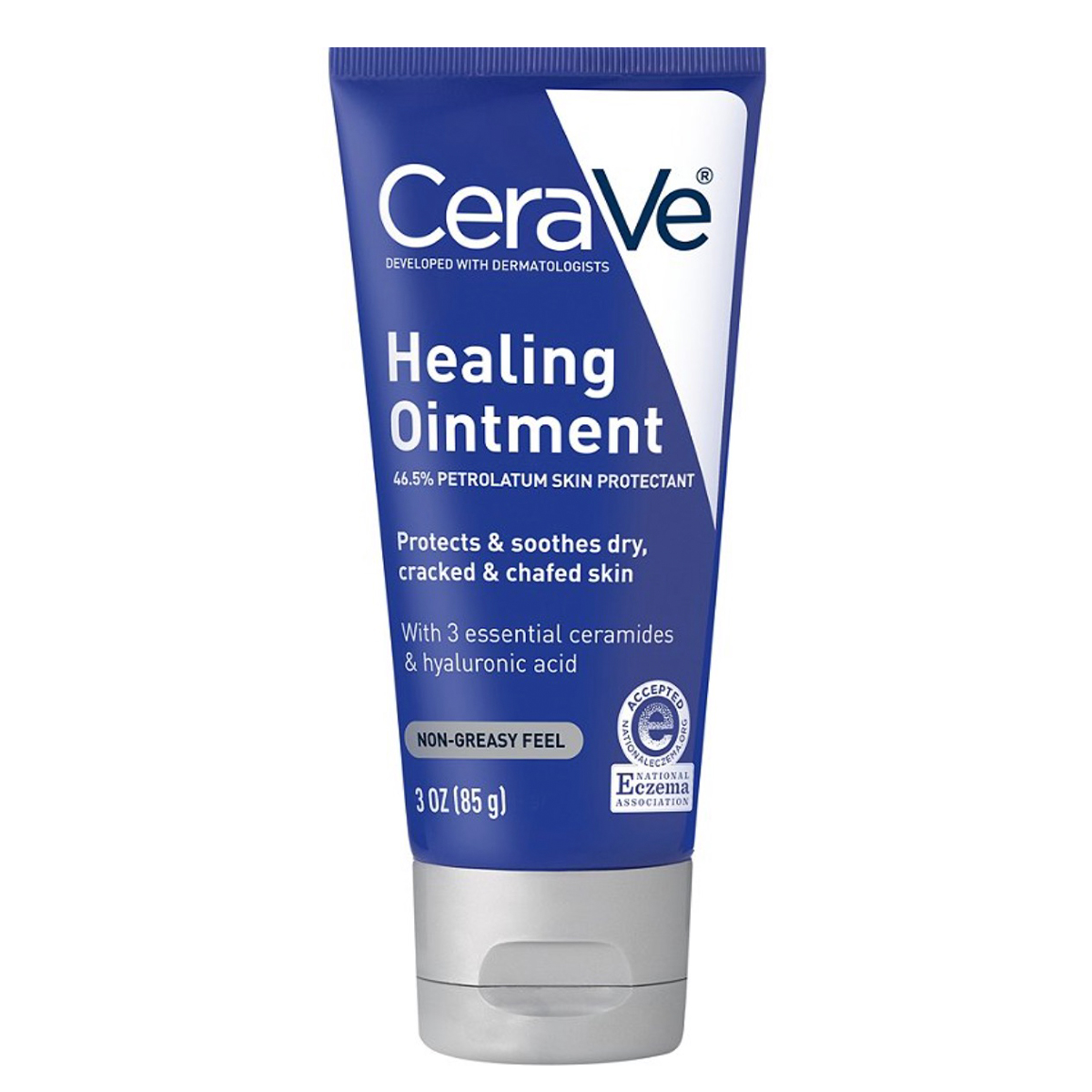
"CeraVe Healing Ointment is a great option because, in addition to petrolatum, it contains three essential ceramides, which aid in restoring the skin barrier, hyaluronic acid to hydrate the skin, and it's also lanolin-free,” Clay says. "I have many patients who like this ointment because they are sensitive to lanolin, and they also like that it doesn't feel as greasy as other occlusives. Since it contains ceramides and hyaluronic acid, someone could use this for slugging without needing to apply a separate moisturizer first."
What to Avoid When Slugging
Don't: try slugging if you have acne-prone or oily skin
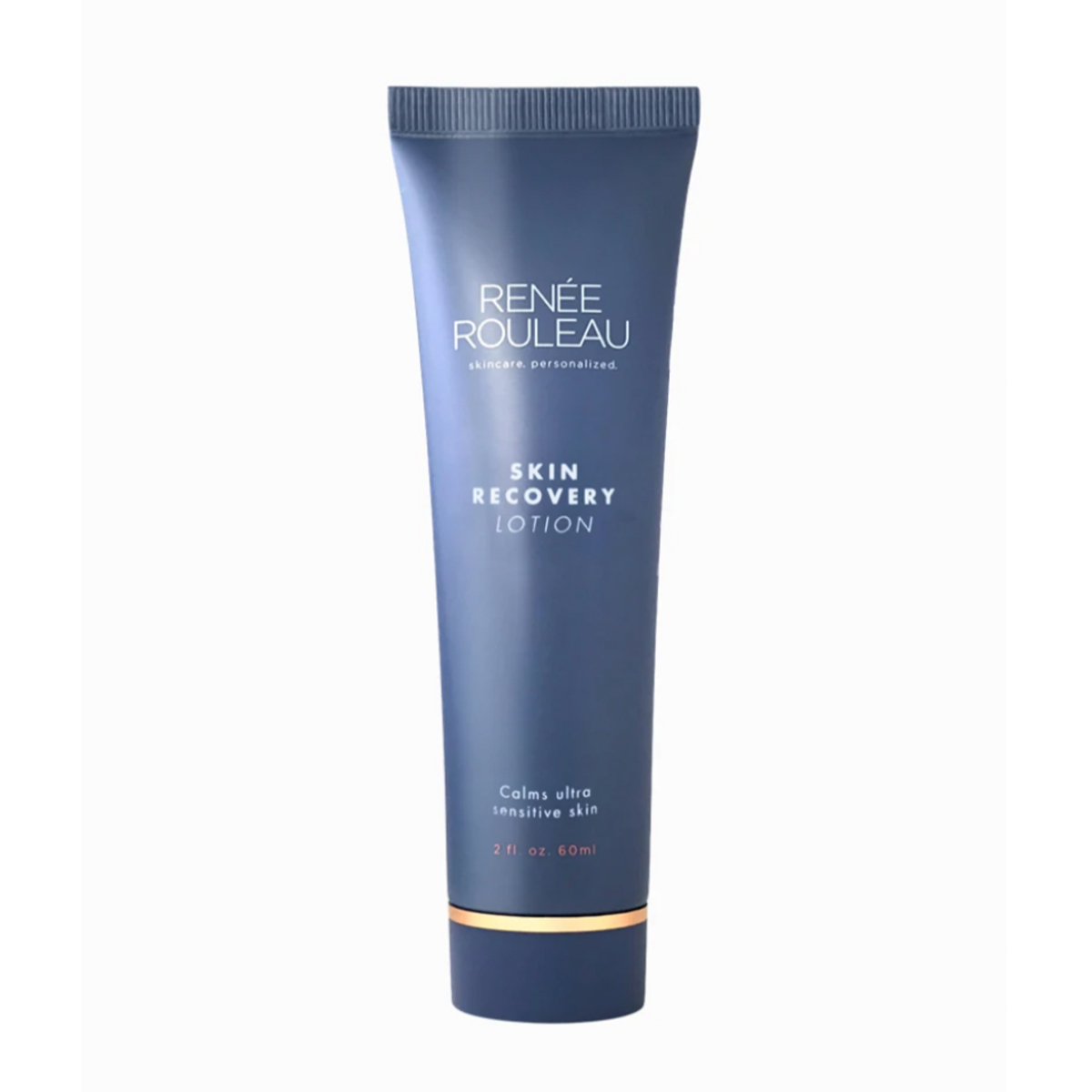
"Occluding the pores may lead to more oil buildup and clogged pores, which means worsening acne,” explains Clay. Stick to noncomedogenic, lightweight options instead.
Don’t: slug your entire face if you have combination skin
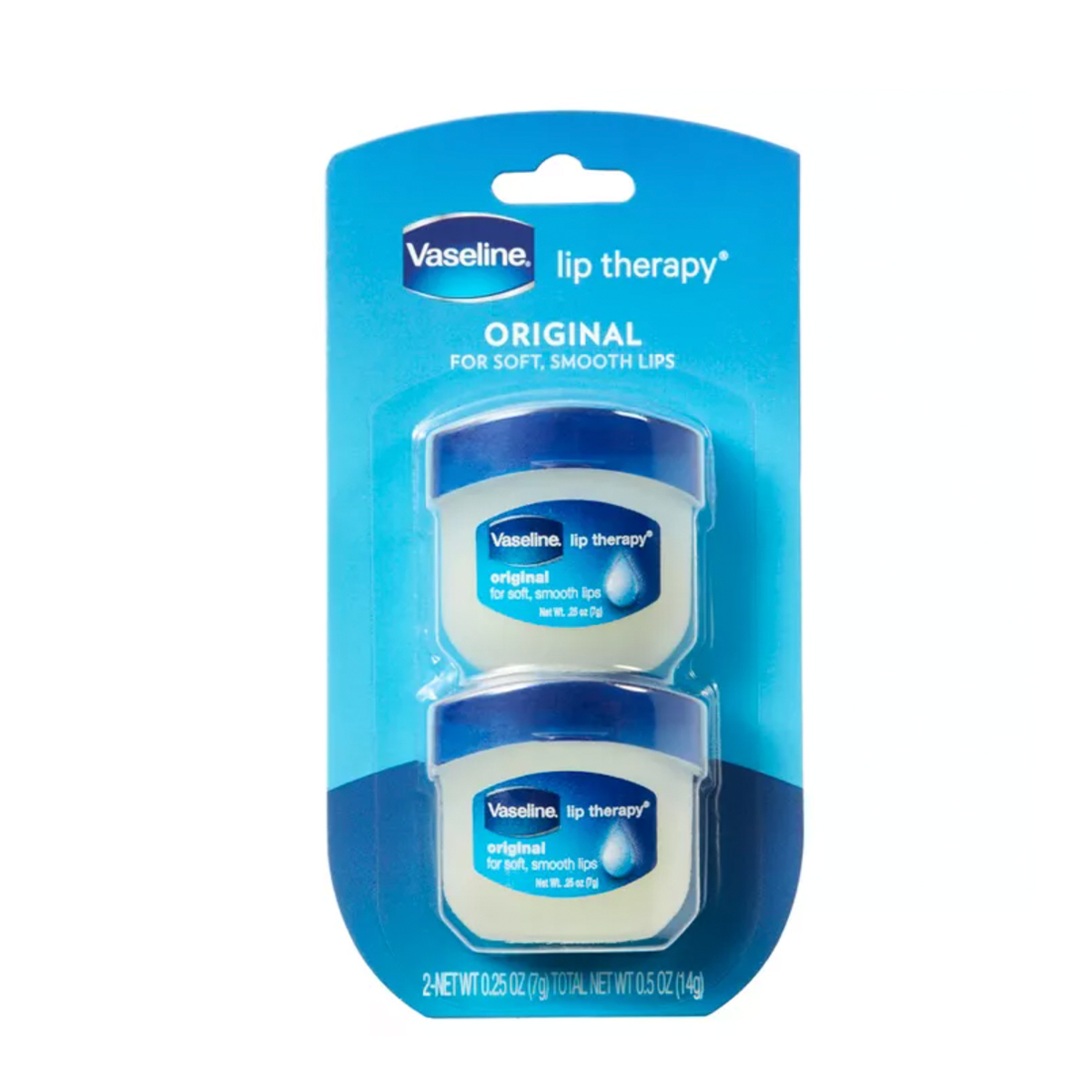
Instead, Clay recommends slugging on any small areas where you find dryness. (FYI: These mini Lip Therapy containers are great for spot-treating dry areas—the formula is identical!)
Don’t: use retinol products or acids while slugging
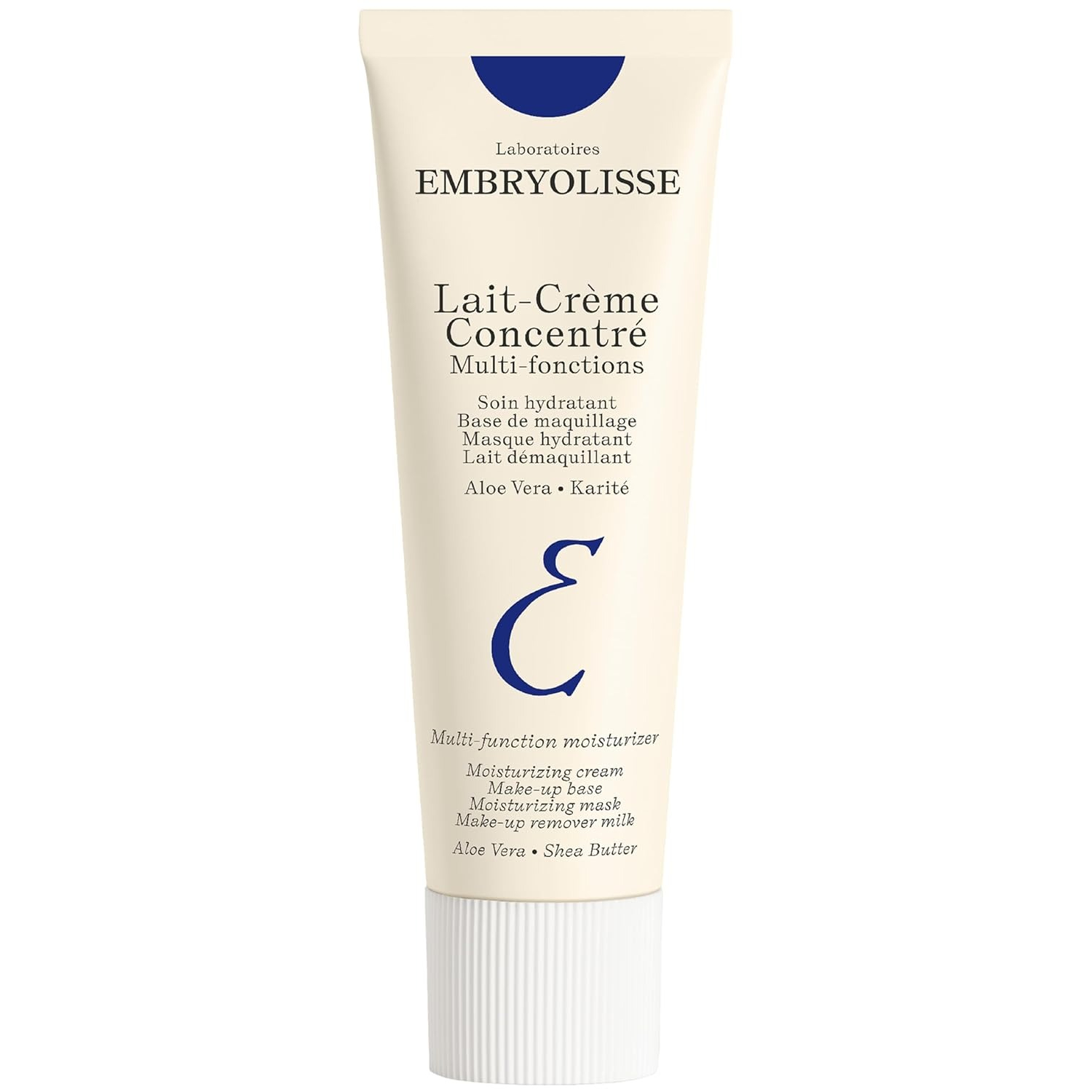
This is all about decreasing your risk for irritation. Stick to your less active serums and moisturizers instead.
Shop the 10 Best Products for Slugging
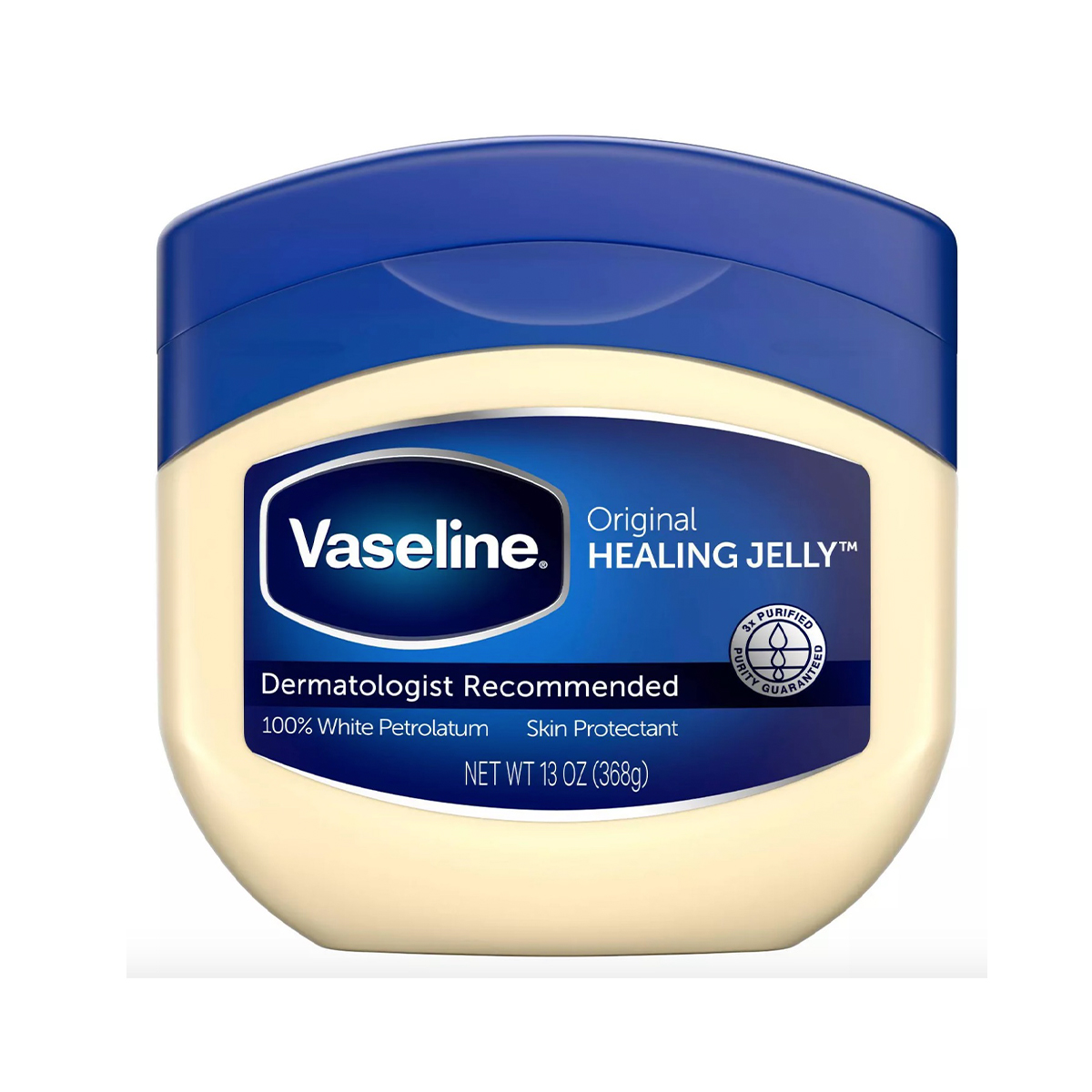
Invoke your inner Marilyn Monroe and seal in your skin with good ol‘ Vaseline.
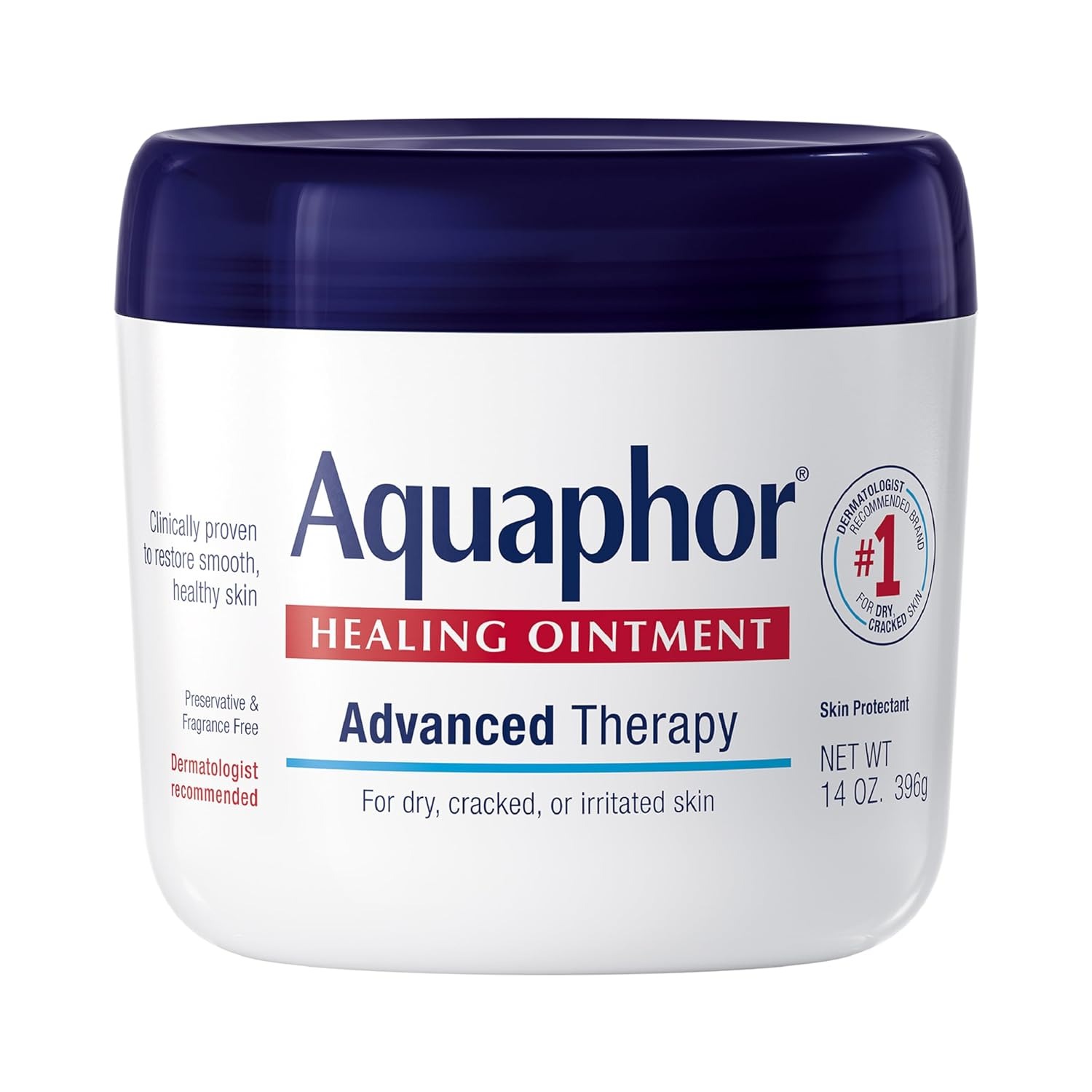
We’ve already mentioned it above, but one of the best options for slugging is Aquaphor, which is especially good if you want something that’s a tad lighter than Vaseline.
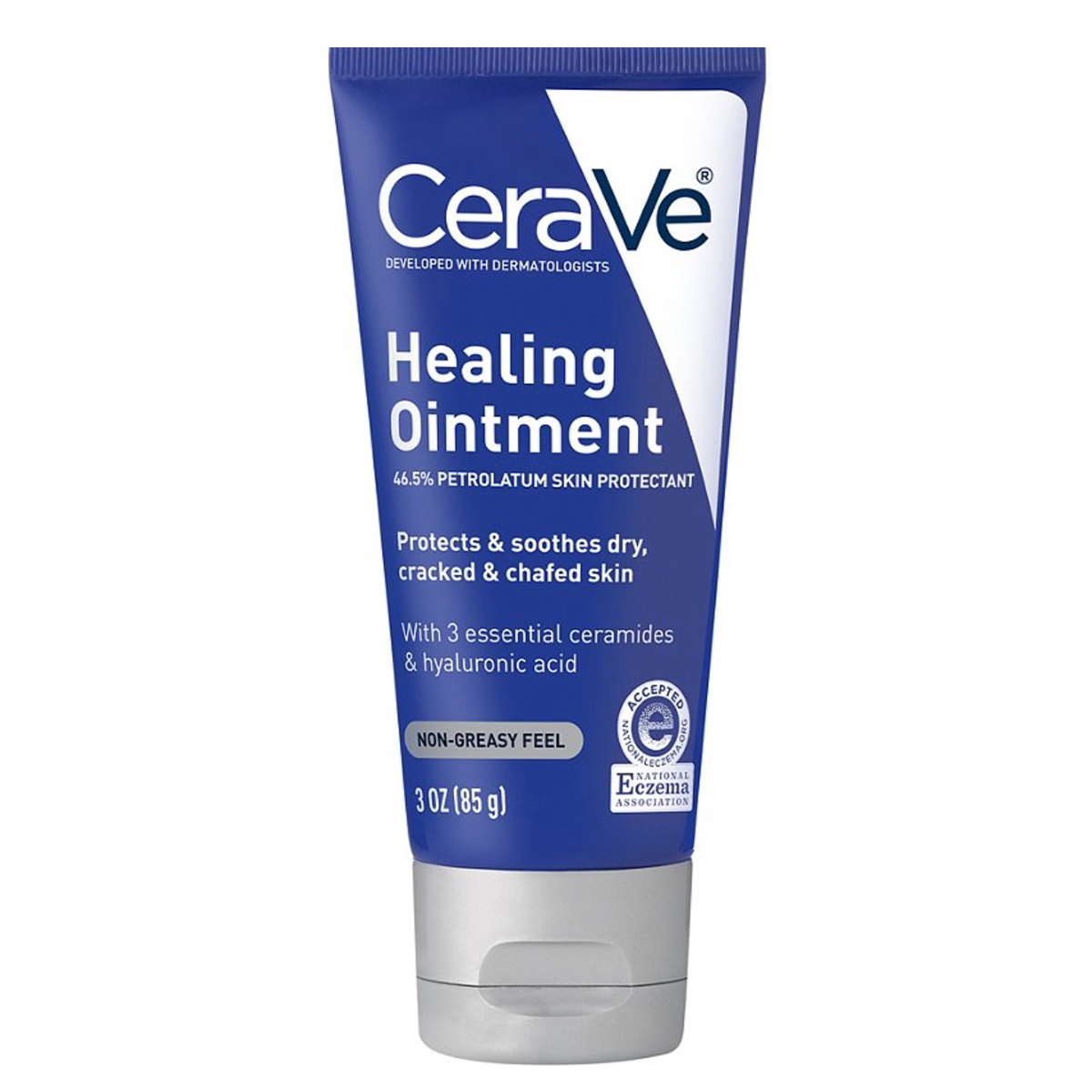
Already a holy grail for people with dry skin, this is a fave slugging product for many, including Evans.
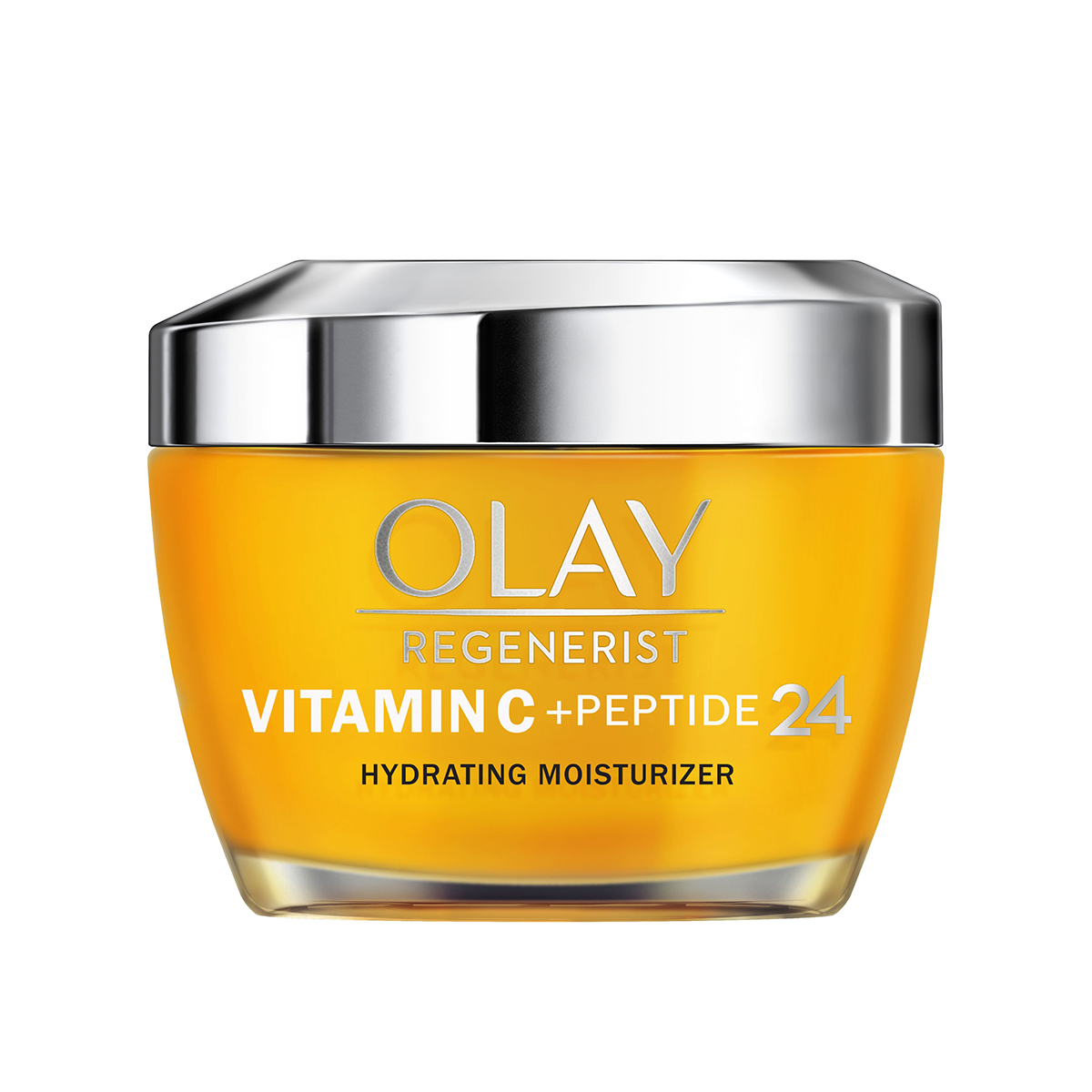
This moisturizer from Olay promises skin that’s two times brighter in 28 days.
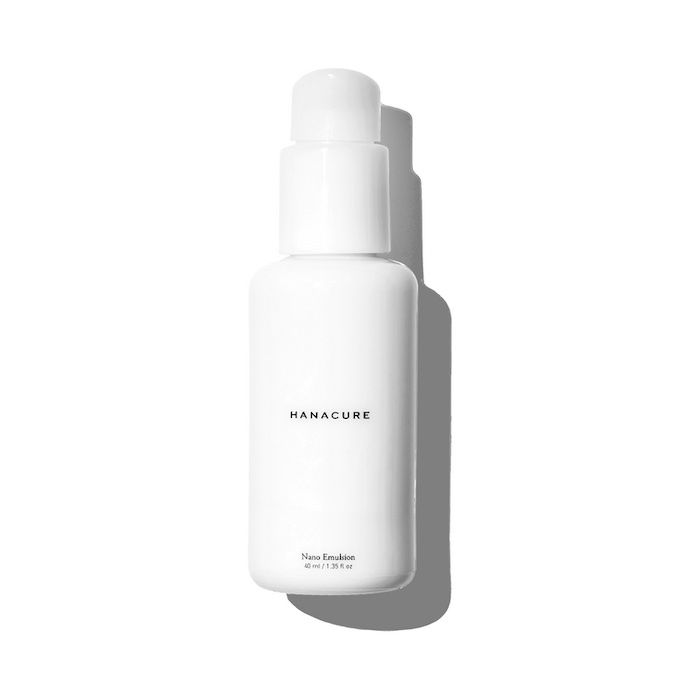
This lightweight moisturizer uses nano technology to deliver its skin-nourishing peptides, squalane, and patented "ruby of the forest” mushroom extract deep into the skin. It’s exactly what you want locked in there!
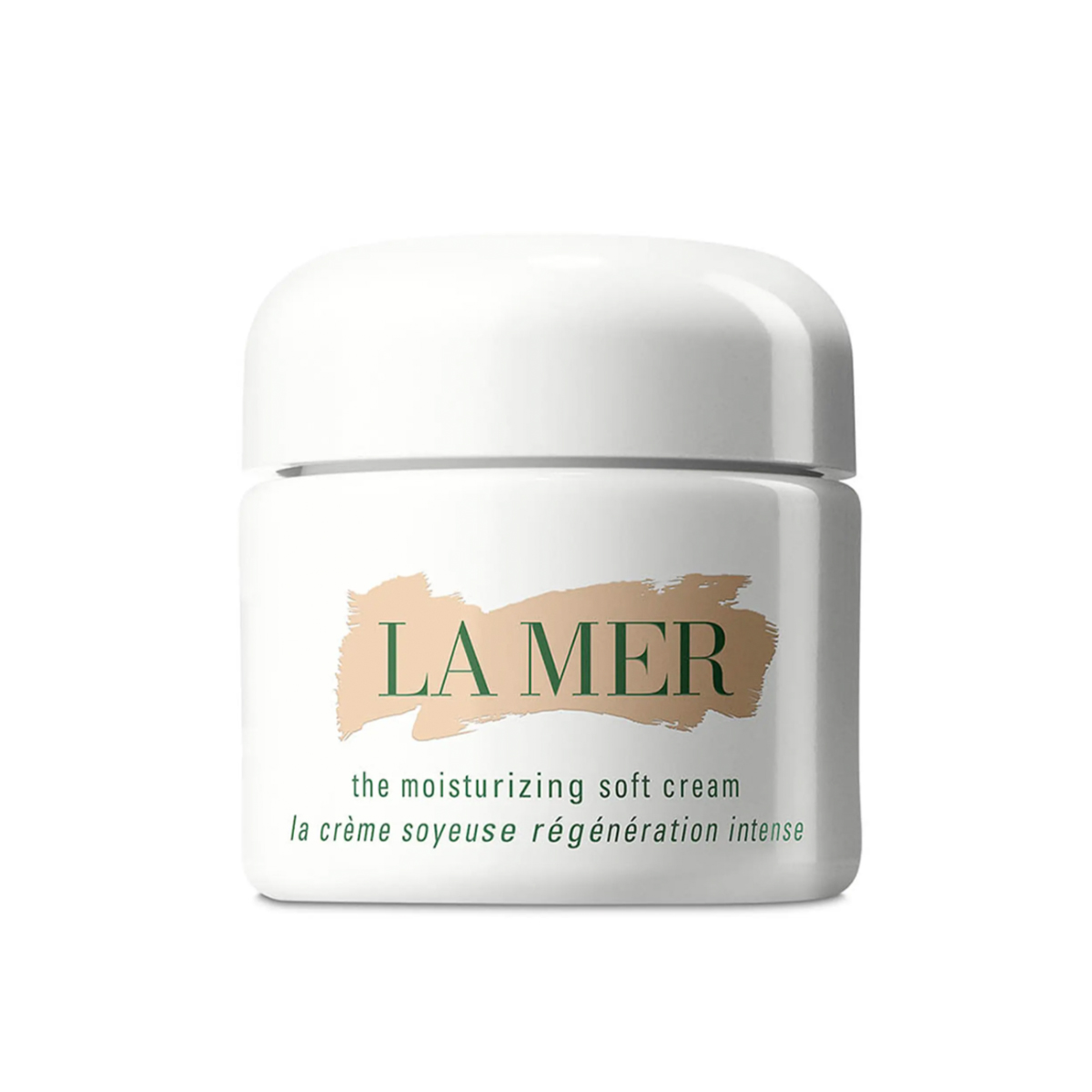
Don’t want to use Vaseline and/or want to feel fancy? Slug with La Mer’s healing elixir for a bougie experience.
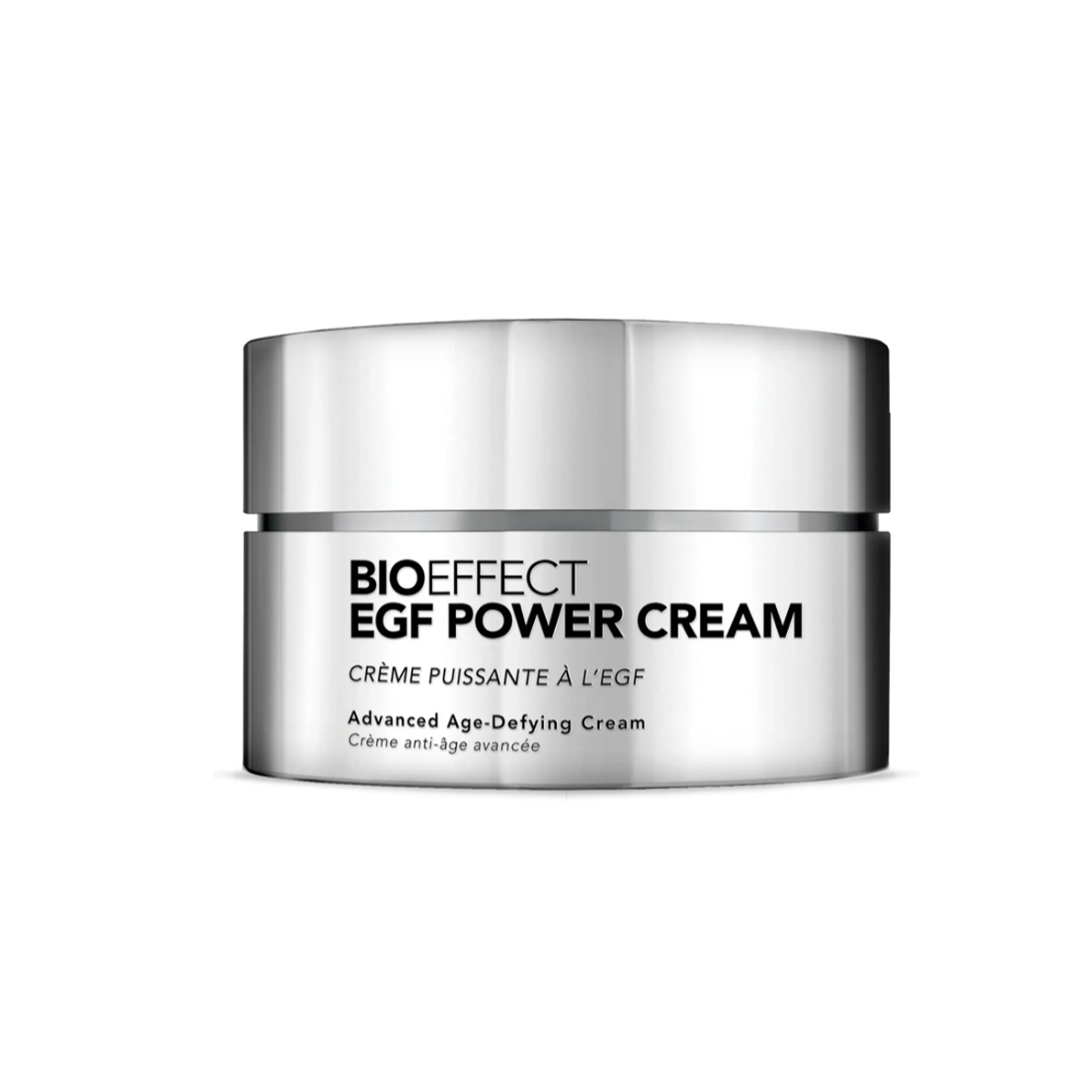
This face cream contains the brand’s signature barley EGF, which targets wrinkles, hyperpigmentation, and loss of firmness.
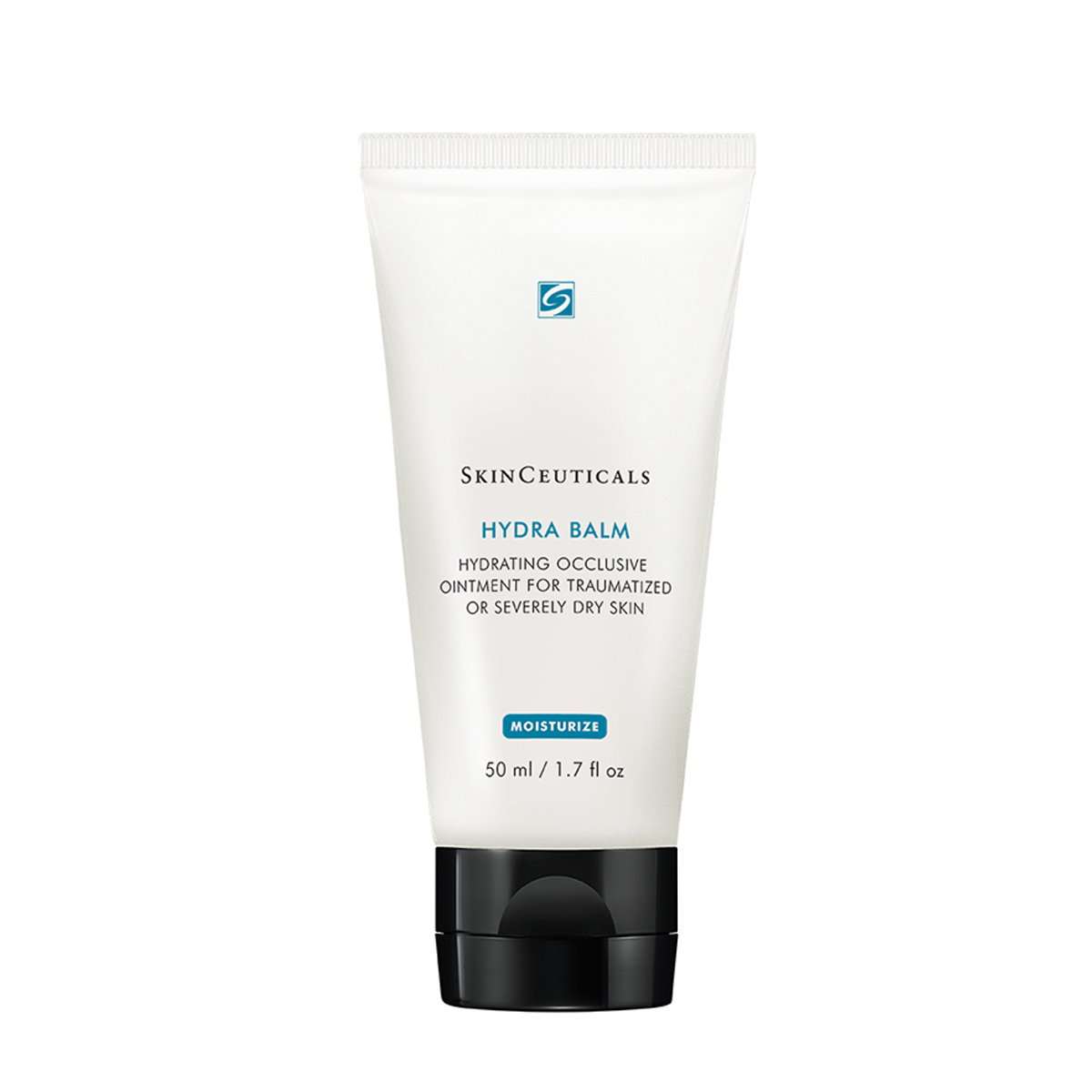
SkinCeuticals’ Hydra Balm contains pure petrolatum, aloe, and squalene—three ingredients rich in hydrating elements and perfect for slugging.
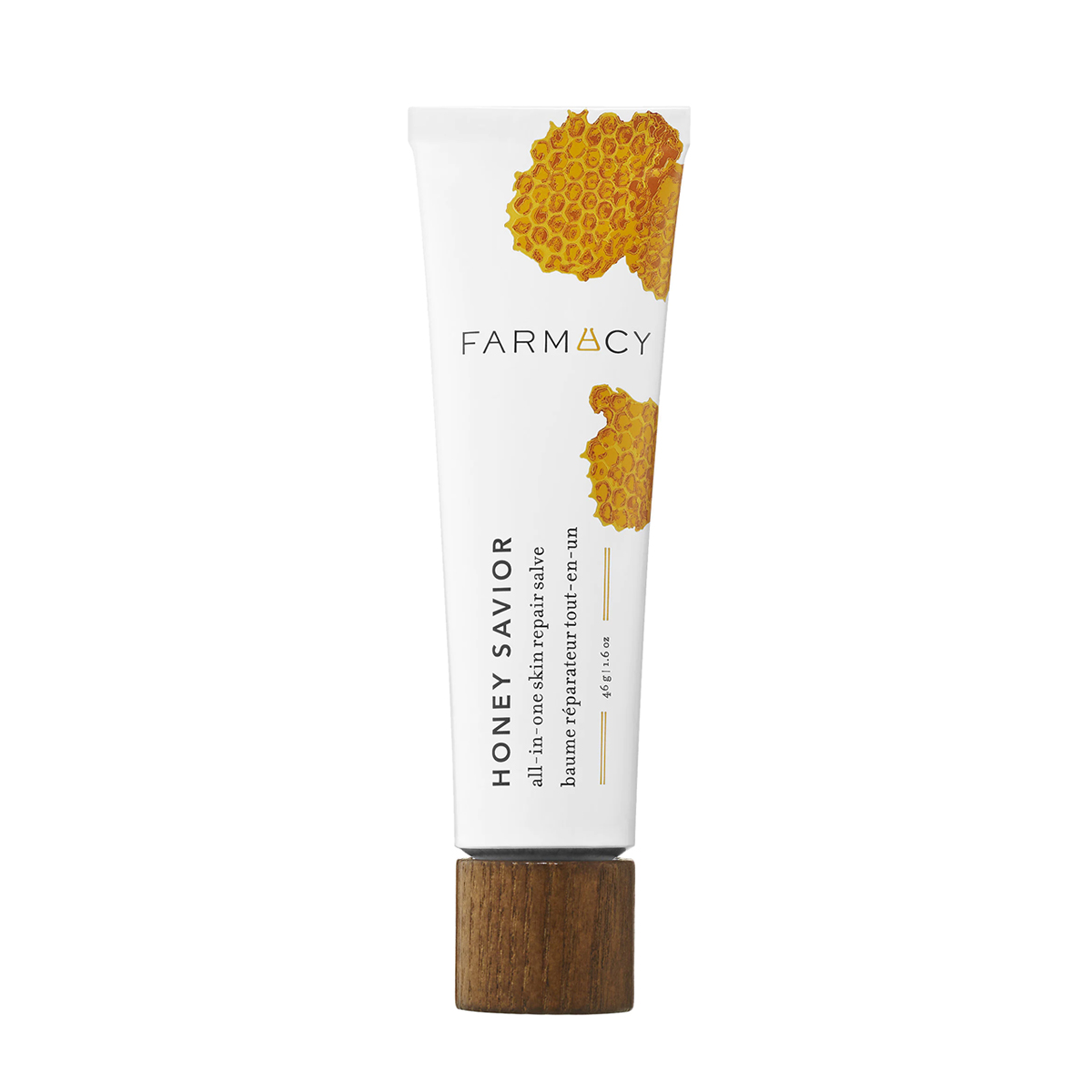
Honey Savior is rich in antioxidants, healing honey, propolis, and royal jelly, which provides a rich source of amino acids. It soothes and nurtures dry or cracked skin.
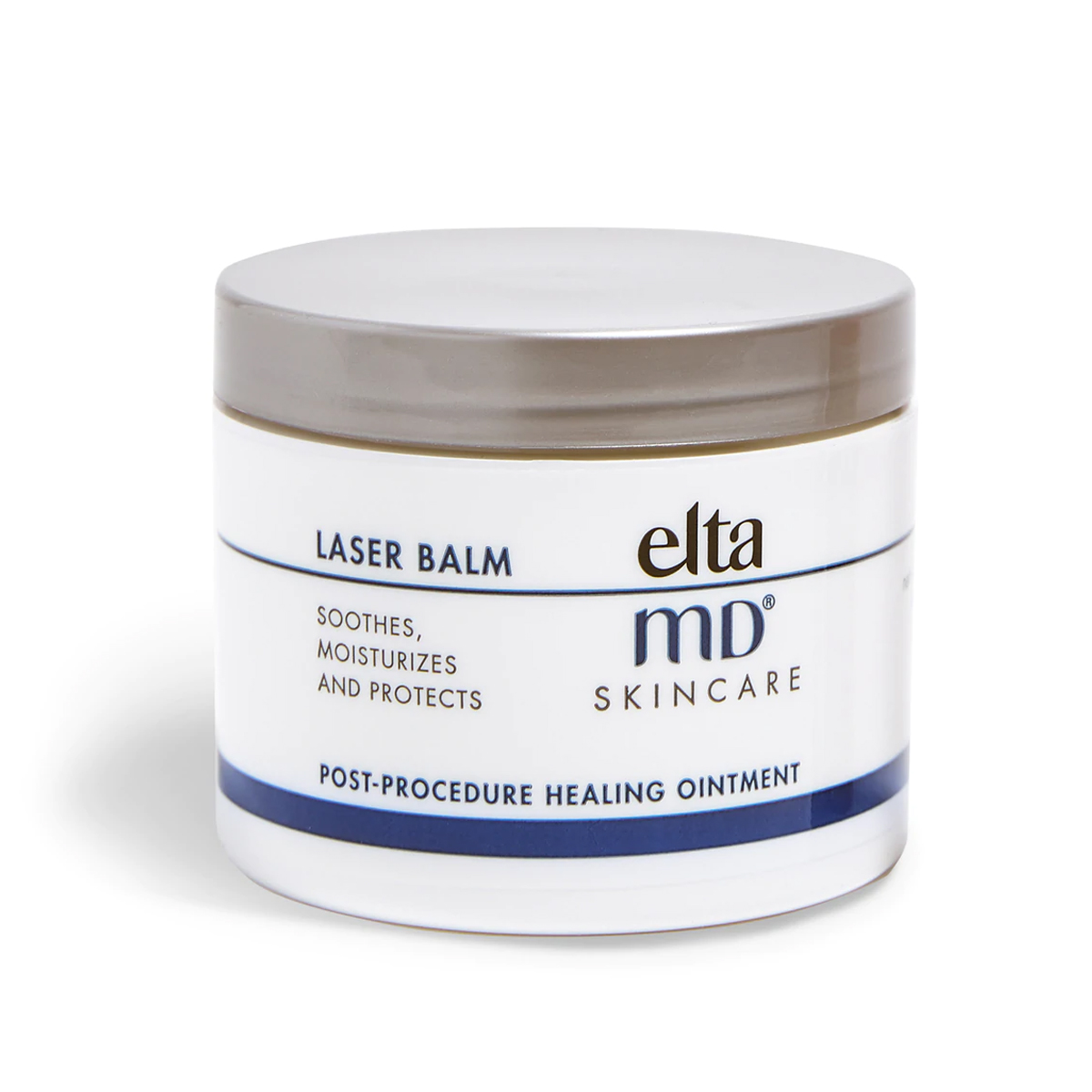
Although this ointment was designed to help relieve dry, irritated skin after a procedure, it’s formulated with petrolatum and will lock in some serious hydration even if you haven’t recently had a procedure.
This article was originally published at an earlier date and has since been updated.

Marie has covered beauty, fashion, and lifestyle for almost 16 years. She contributes to the beauty section here at Who What Wear. Previously, she was the Looks Editor for Bust Magazine, built the beauty vertical at HelloGiggles as its beauty editor, and was a founding staff writer at Rookie mag, giving fashion advice to teens. Her bylines have appeared in The Cut, Allure, Glamour, The Hollywood Reporter, and more. She was born and raised in Southern California and is based in L.A. Marie is a self-proclaimed costume design nerd and a co-host of Makeover Montage, a podcast about fashion in film and costume design.
